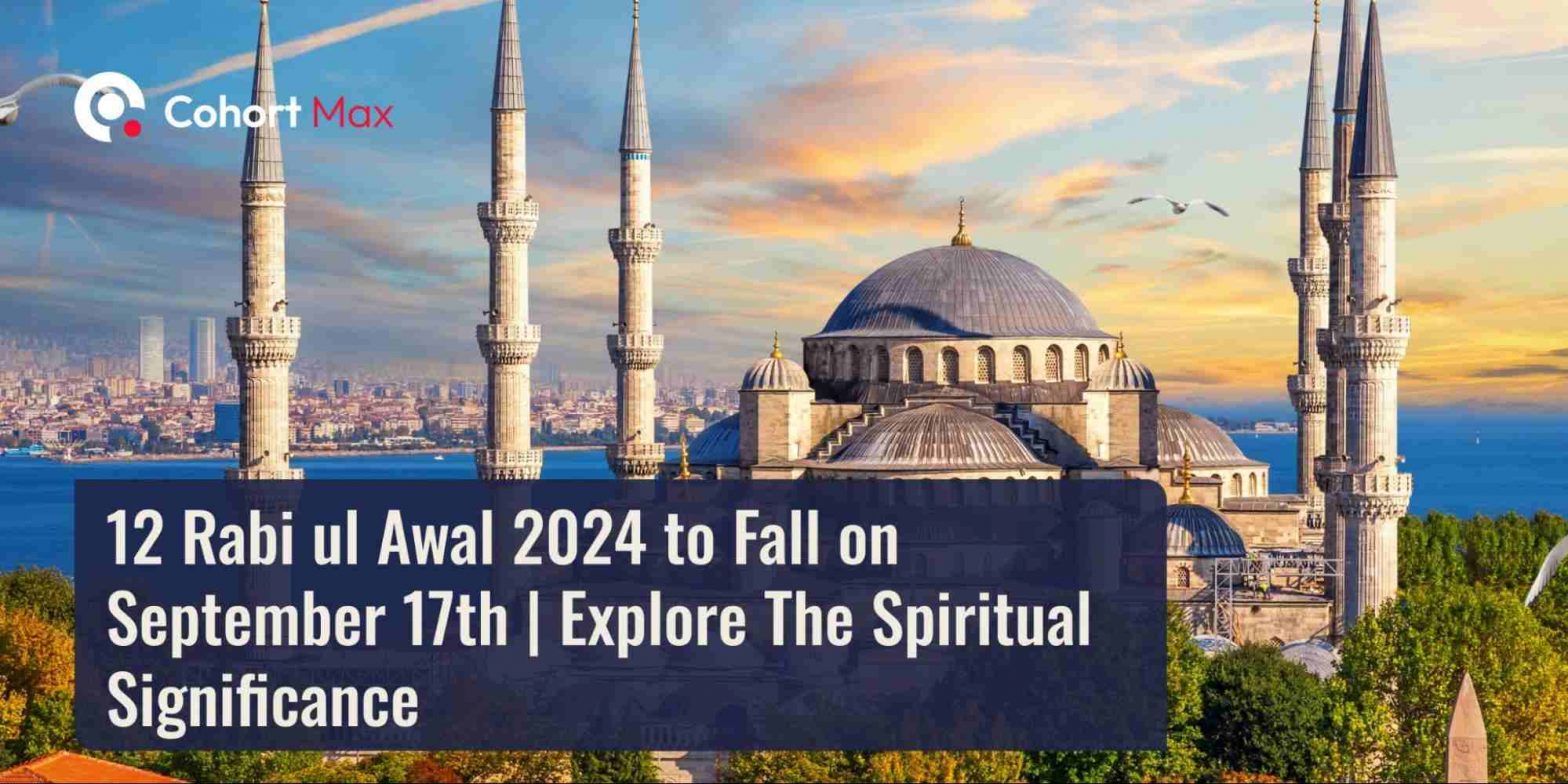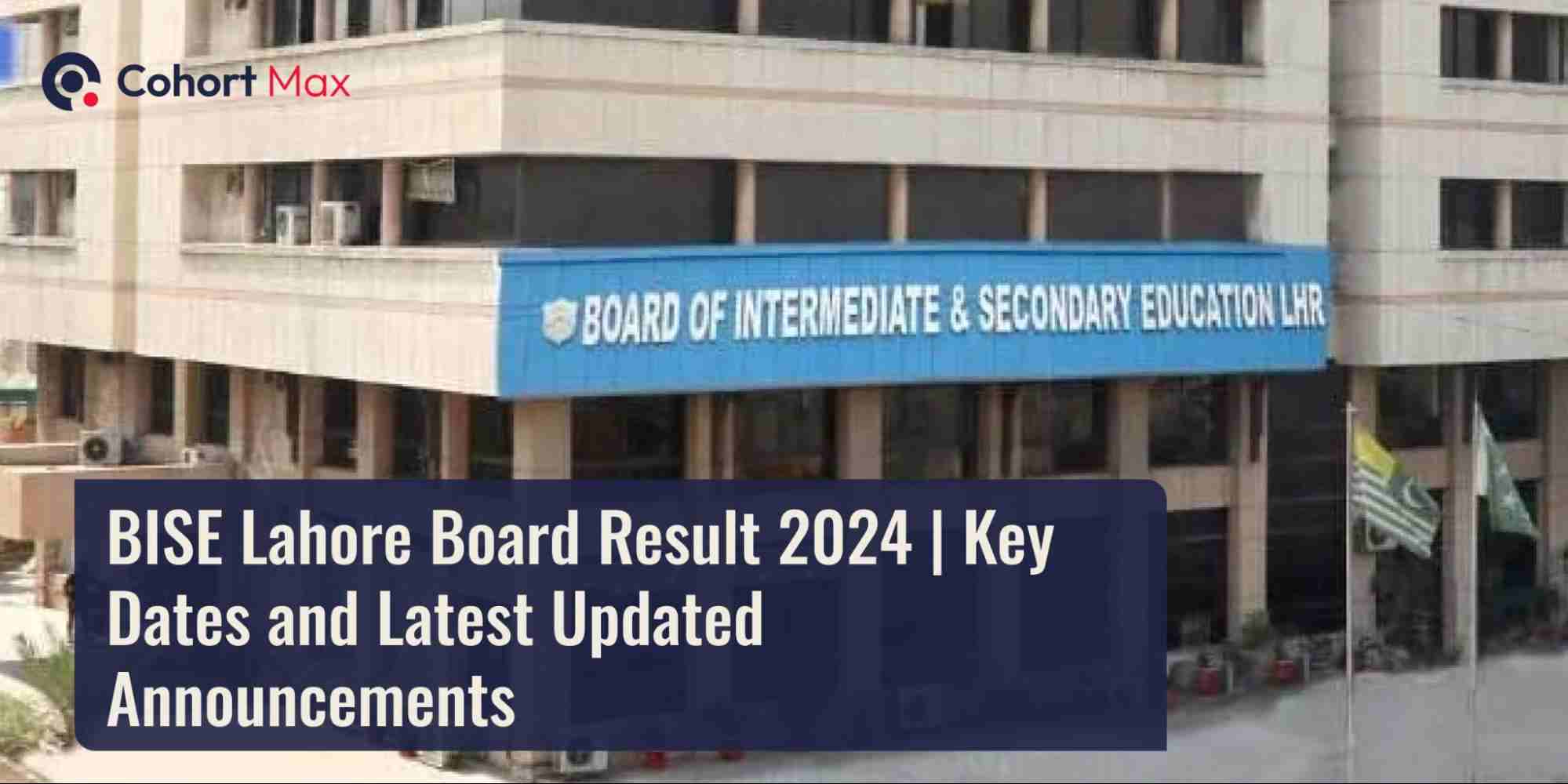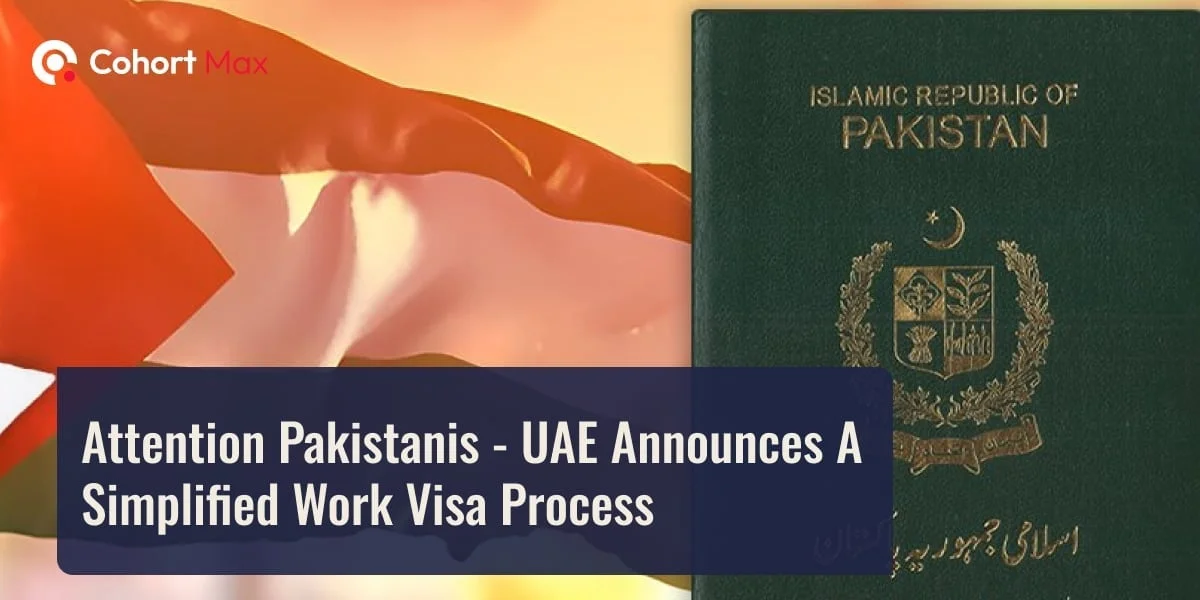12 Rabi al Awal 2024 to Fall on September 17th | Explore The Spiritual Significance
For many, 12th Rabi ul Awal is not just a day of celebration but a time for deep personal reflection and spiritual renewal. It is a moment when Muslims around the world pause to assess how closely their lives align with the teachings of the Prophet Muhammad (PBUH). Through this reflection, they seek to embody his qualities of mercy, humility, honesty, and compassion for all creation.
As we approach 17th September 2024, Muslims globally are preparing to honor the Prophet in various ways, but the core of the celebration remains the same: recognizing the profound influence of Prophet Muhammad (PBUH) on humanity and acknowledging the boundless love and mercy he brought to the world.
What is Rabi al Awwal? Explore the Concept of Eid Milad Un Nabi
Rabi ul Awal, the third month of the Islamic lunar calendar, holds immense spiritual significance for Muslims worldwide. The name “Rabi ul Awal” translates to “The First Spring,” indicating renewal and prosperity, both spiritually and physically. It is a month marked by joy, reflection, and reverence, especially as it commemorates one of the most profound events in Islamic history: the birth of the Prophet Muhammad (Peace Be Upon Him), known as Eid Milad-un-Nabi or Mawlid al-Nabi.
Eid Milad-un-Nabi is not just a celebration of the Prophet’s birth but an acknowledgment of his life, teachings, and the transformative impact he had on humanity. Prophet Muhammad PBUH’s birth is considered a moment of divine mercy, a source of light in a world filled with ignorance and moral decay. Thus, Rabi ul Awal is an opportunity for Muslims to renew their connection with his teachings, to reflect on his exemplary character, and to seek spiritual growth through his model.
The Quick Fact Table
| Facts | Details |
| Occasion | Birth of Prophet Muhammad (PBUH) |
| Islamic Calendar | 12th day of Rabi ul Awal |
| Observed by | Muslims Worldwide |
| Common Activities | Processions, mosque gatherings, sharing food |
| Other Names | Mawlid al-Nabi, Eid Milad-un-Nabi |
The Month of Prophet’s(S.A.W) Birth, Hijrat and Death
Rabi ul Awal is significant primarily because it is the month that gave birth to the Prophet Muhammad (PBUH), the Seal of the Prophets, whose life and mission have illuminated the path of billions. Prophet(PBUH) was a religious leader and a model of compassion, justice, and humility. His message of peace, equality, and worship of one God revolutionized the spiritual, social, and political landscape of the Arabian Peninsula, later spreading to every corner of the world.
The Prophet’s (PBUH) Birth Date
The birth of Prophet Muhammad (PBUH) is the most significant event of Rabi al-Awwal. While various narrations suggest his birth occurred between the 8th and 17th of Rabi al-Awwal, most agree on the 12th, which is also said to have been a Monday. The Messenger of Allah (SAW) was born as an orphan in Makkah in 570 CE and is described by Allah (SWT) as a mercy to all the world.
| “It was only as a mercy that We sent you (Prophet) to all people.” (Qur’an, 21:107) |
His birth had been prophesied centuries earlier, including by Prophet Isa (AS) and in the prayers of Prophets Ibrahim and Isma’il (AS) during the rebuilding of the Kaaba. Miraculous signs accompanied his birth, such as the powerful light seen by his mother, which illuminated distant lands. His foster mother also experienced blessings, as her family’s fortunes improved after taking the Prophet (PBUH) into their care.
The Hijrah of the Prophet (PBUH)
The Hijrah, or migration from Mecca to Medina, marked a pivotal moment for Muslims and established the Islamic calendar. It symbolized a new beginning for the Muslim community, highlighting values such as justice, wisdom, and mercy. The first year after the Prophet’s (PBUH) arrival in Medina became the starting point of the Islamic calendar, with years now labeled as AH (After Hijrah).
The Prophet’s (PBUH) Death
It is also the month of Prophet Muhammad’s death. He passed away on 12th Rabi al-Awwal in the 11th year of Islam. His death caused immense grief among his followers, many of whom struggled to accept his passing. Abu Bakr reminded the community that the Prophet (PBUH) was a mortal messenger of Allah (SWT).
The Prophet (PBUH) had been given a divine choice to remain in the world or return to Allah, and he chose to return. Rabi al-Awwal, therefore, is not only a month of celebration but also a time for reflection and mourning, as it commemorates both his birth and his departure from this world.
12 Rabi ul Awal To be Celebrated on 17th September 2024
The crescent for Rabi ul Awal of 1446 Hijri was not sighted in the country on Wednesday, and the first day of the Islamic month would fall on September 6 (Friday), Central Ruet-e-Hilal Committee Chairman Maulana Abdul Khabir Azad announced.
The announcement came after the moon sighting committee meeting headed by its chairman Maulana Abdul Khabir Azad held in Islamabad.
As per the announcement, the Eid Milad un Nabi (PBUH) will be celebrated across the country on September 17 (Tuesday).
“We didn’t receive reports of moon sighting, and the committee, with consensus, concluded that the month of Rabi ul Awal will commence on September 6 (Friday),” said Maulana Azad in a press conference after the meeting.
The 12th Rabi ul Awal is declared a public holiday in Pakistan, with all public and private offices and educational institutions remaining closed.
How Muslims Should Celebrate Eid Milad Un Nabi?
Eid Milad Un Nabi, which was celebrated in the early times, is a concept introduced by Fatimids back in the early times of Rashidun Caliphs. Some of the Muslims believe that the Prophet Muhammad was born in Meeca on 12th Rabi al Awal. The word “Mawlid” means “Birth” in Arabic. However, most people see Eid-e-Milad as mourning, believing it to be the death anniversary of the Prophet Muhammad.
Egypt was the first to celebrate Eid-e-Milad officially, and its popularity spread in the 11th century. Initially, the Shia tribe in Egypt initiated these festivities, which later expanded to Syria, Morocco, Turkey, and Spain during the 12th century. Sunni Muslim sects also adopted these celebrations over time. Let’s have a look at the two different perspectives of Muslim communities on the celebration of this event.
Perspective 1
Many Muslim communities, particularly those following Sufi or Barelvi traditions, celebrate Eid Milad un Nabi with great enthusiasm. They believe that honoring the Prophet’s birth is a way to express their love and respect for him. Common celebrations include:
- Decorations: Mosques and homes are adorned with lights and decorations, symbolizing joy and celebration.
- Gatherings: Community gatherings are held, featuring religious lectures, prayers, and traditional meals.
- Charity: Many people engage in charitable activities, such as donating to the needy or feeding the hungry.
Perspective 2
Another perspective from Muslim communities is that celebrating Eid Milad un Nabi is an extra event that goes against the teachings of Islam. Often, debates are held that there is no explicit evidence in the Quran or Sunnah for such celebrations and that excessive rejoicing can distract from the true purpose of Islam. They emphasize the importance of following the Sunnah of the Prophet and avoiding practices that are not clearly supported by Islamic teachings.
Note: It is essential to know that both perspectives are influenced by their cultural backgrounds, personal beliefs, and the specific school of Islamic thoughts they follow.
Ultimately, the most important aspect of Eid Milad un Nabi is to remember and honor the life and teachings of the Prophet Muhammad. Whether through grand celebrations or quiet reflection, the goal should be to deepen one’s connection to Islam and strive to emulate the Prophet’s example.
Discover More:
Expand the EU AI Act: A Crucial Step to Protect Palestinian Rights Amid Gaza Conflict
Sheikh Hasina Resigns Amid Deadly Protests | 70 Dead, Curfew Reinstated







